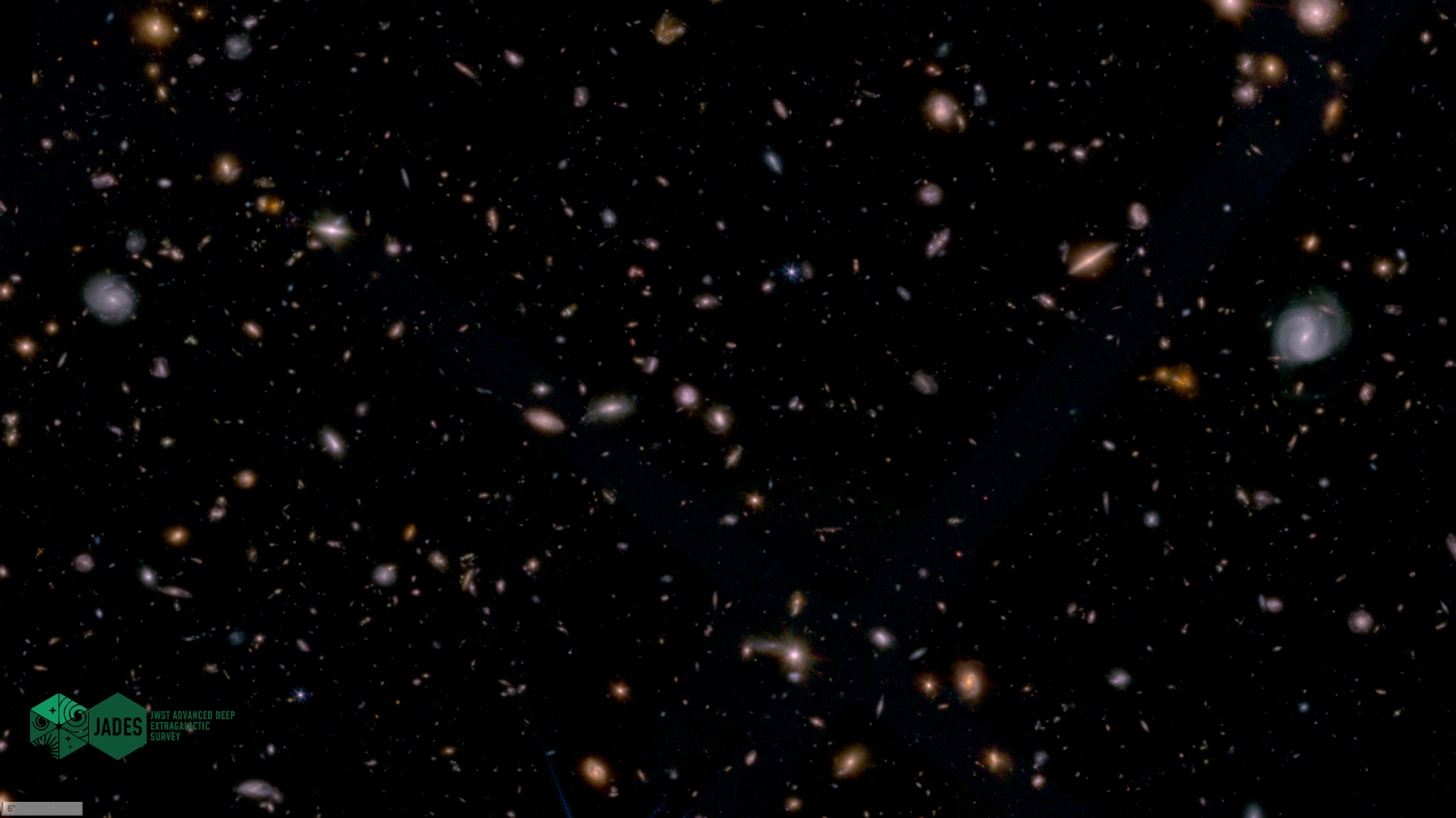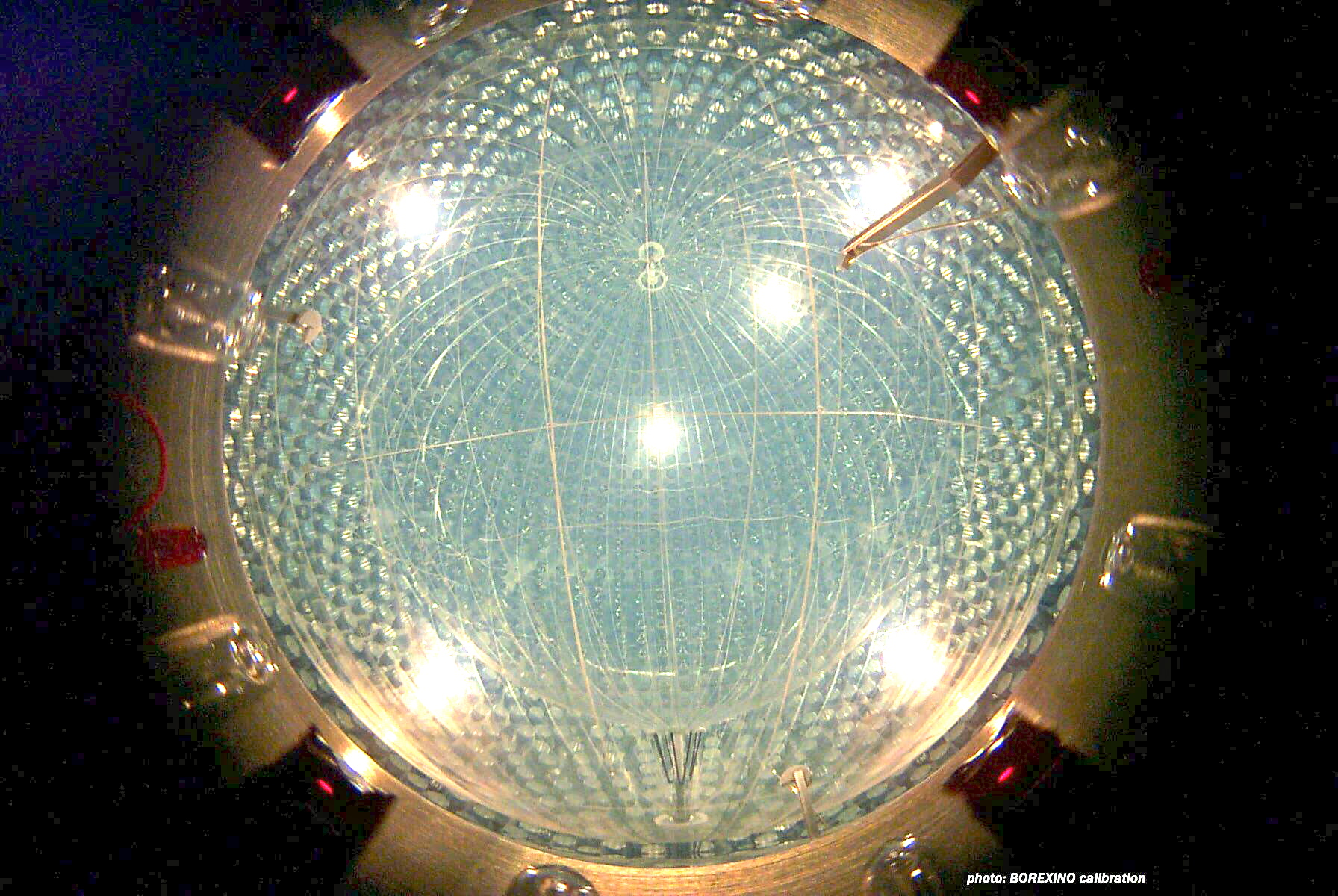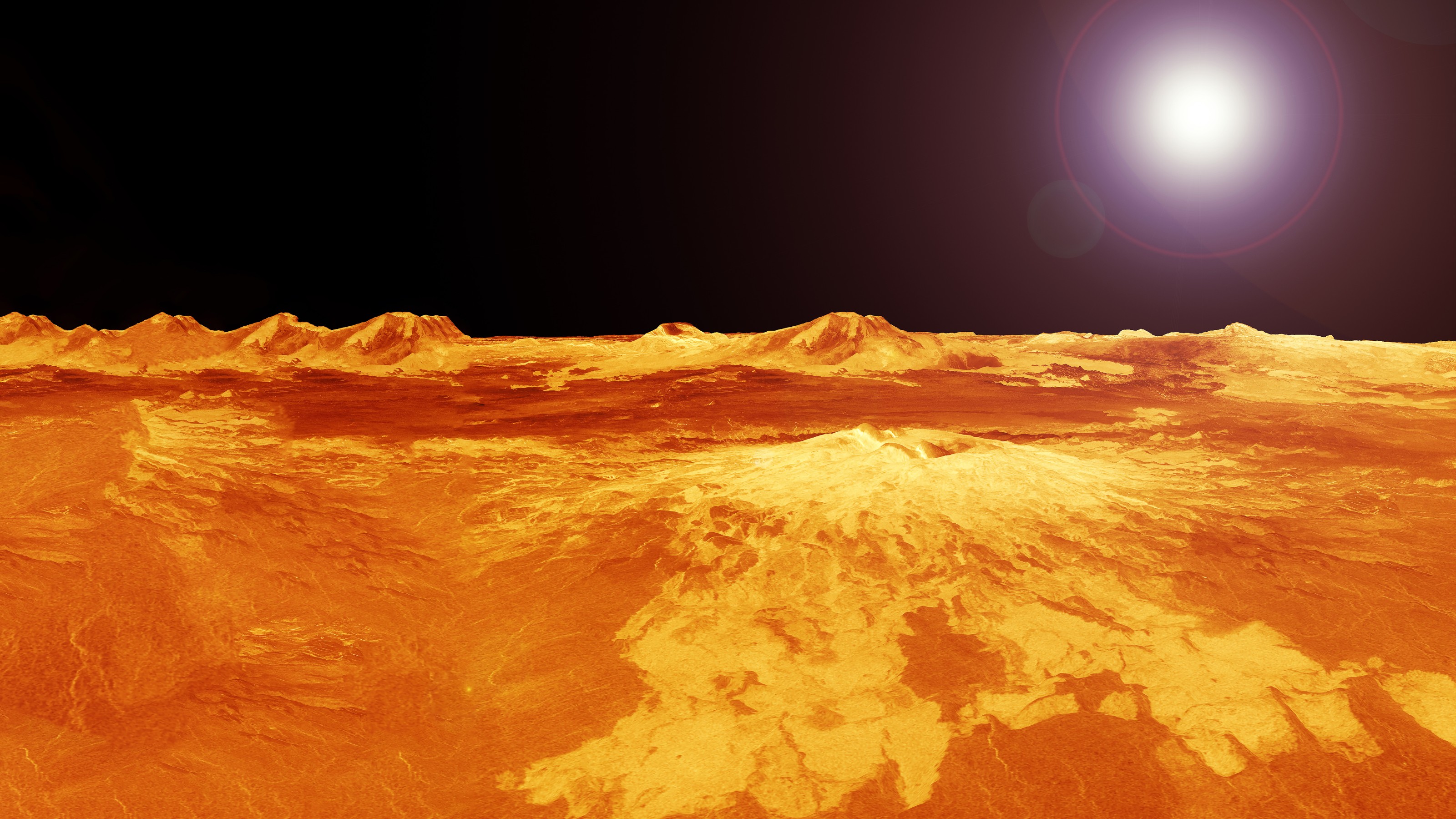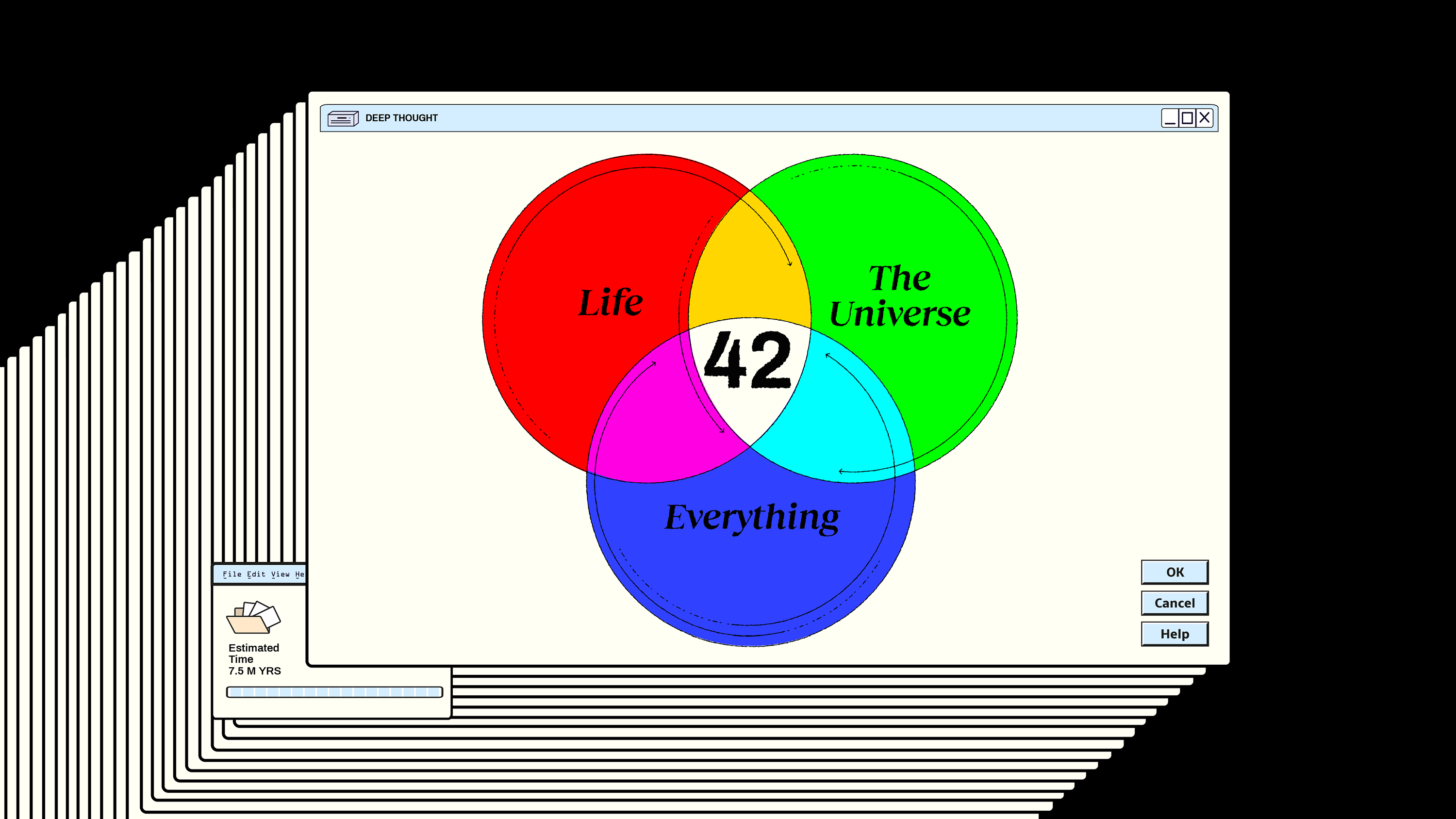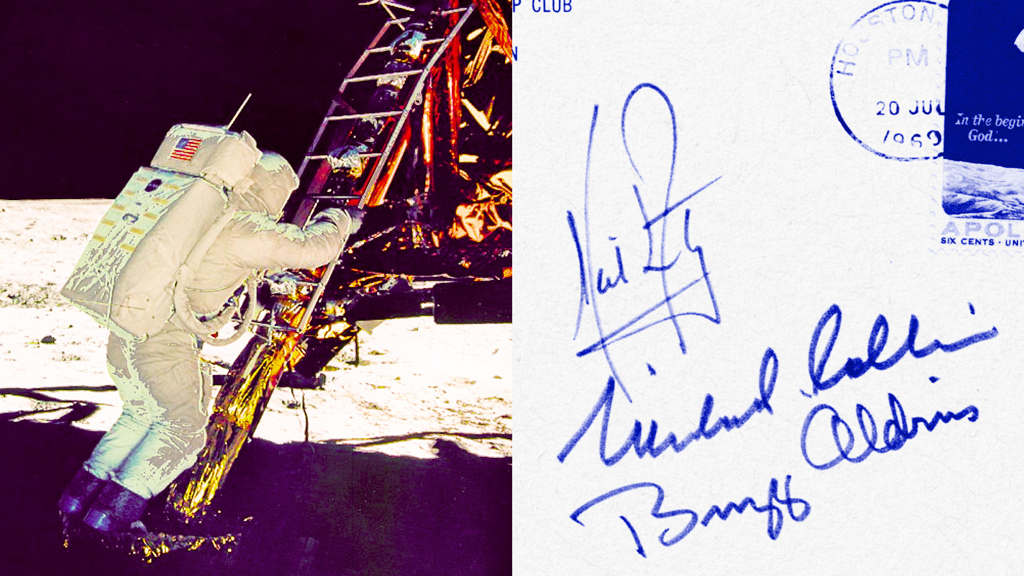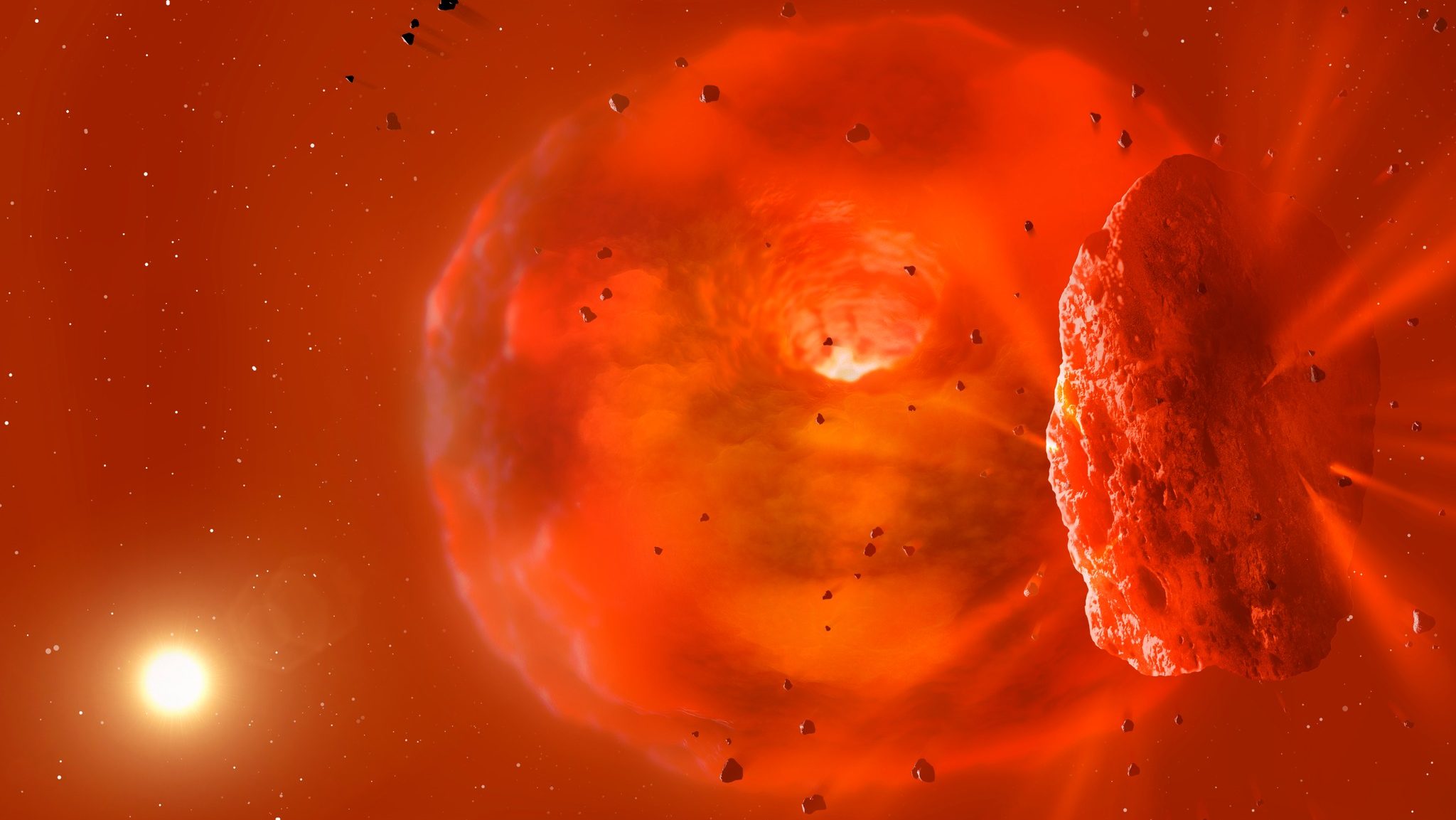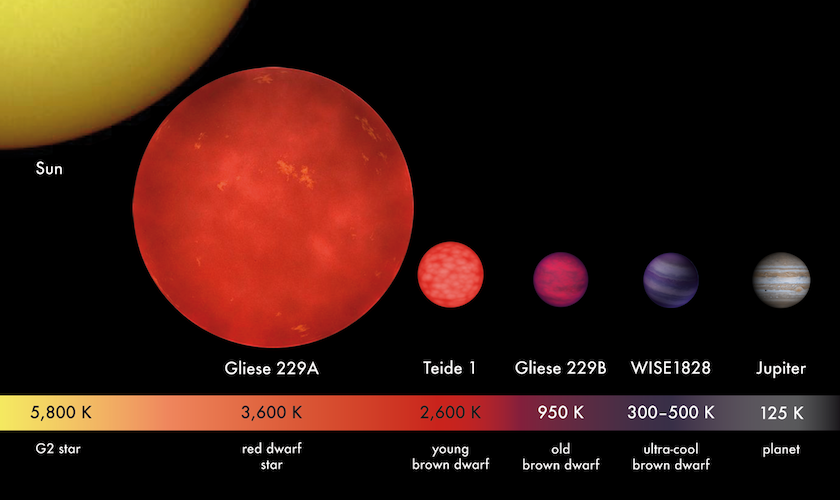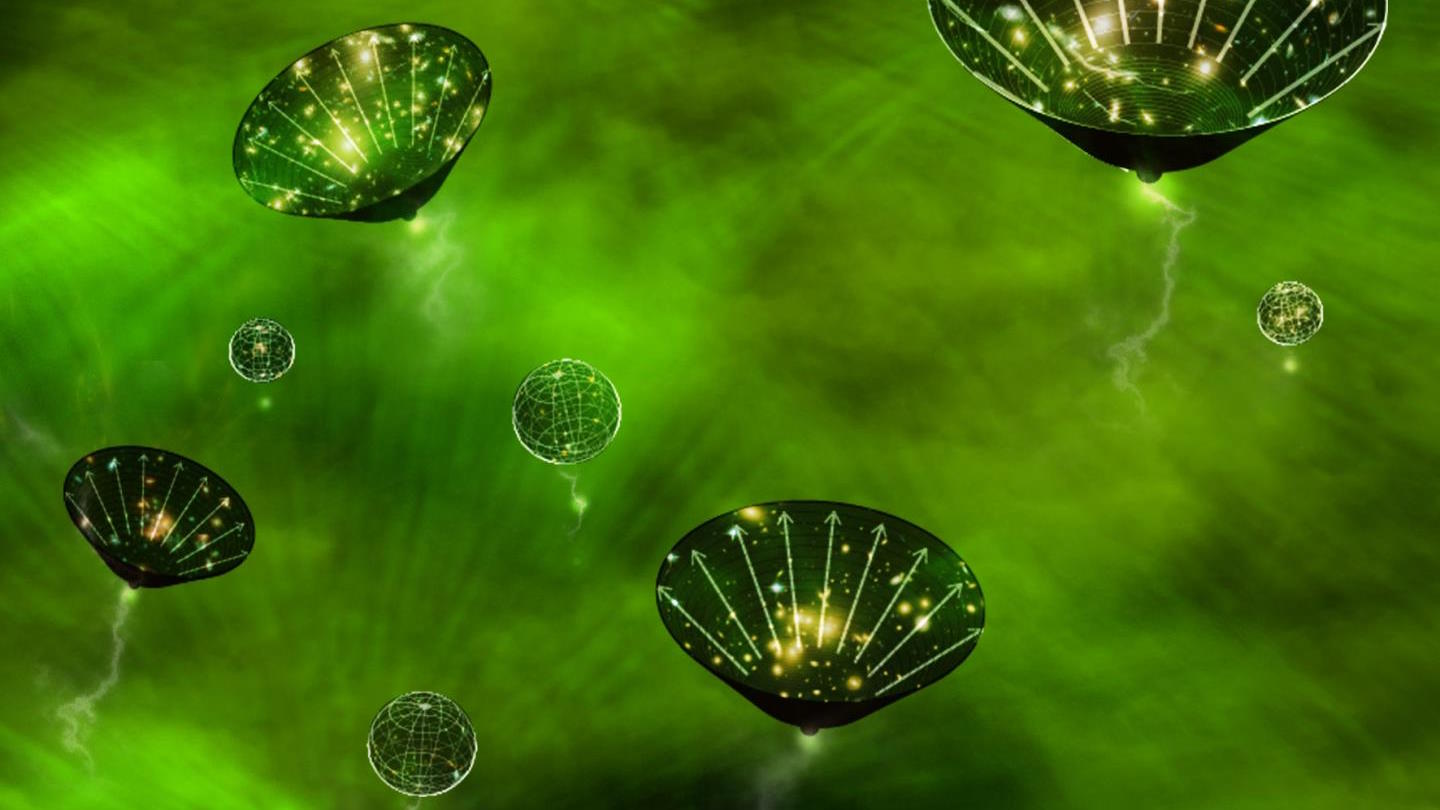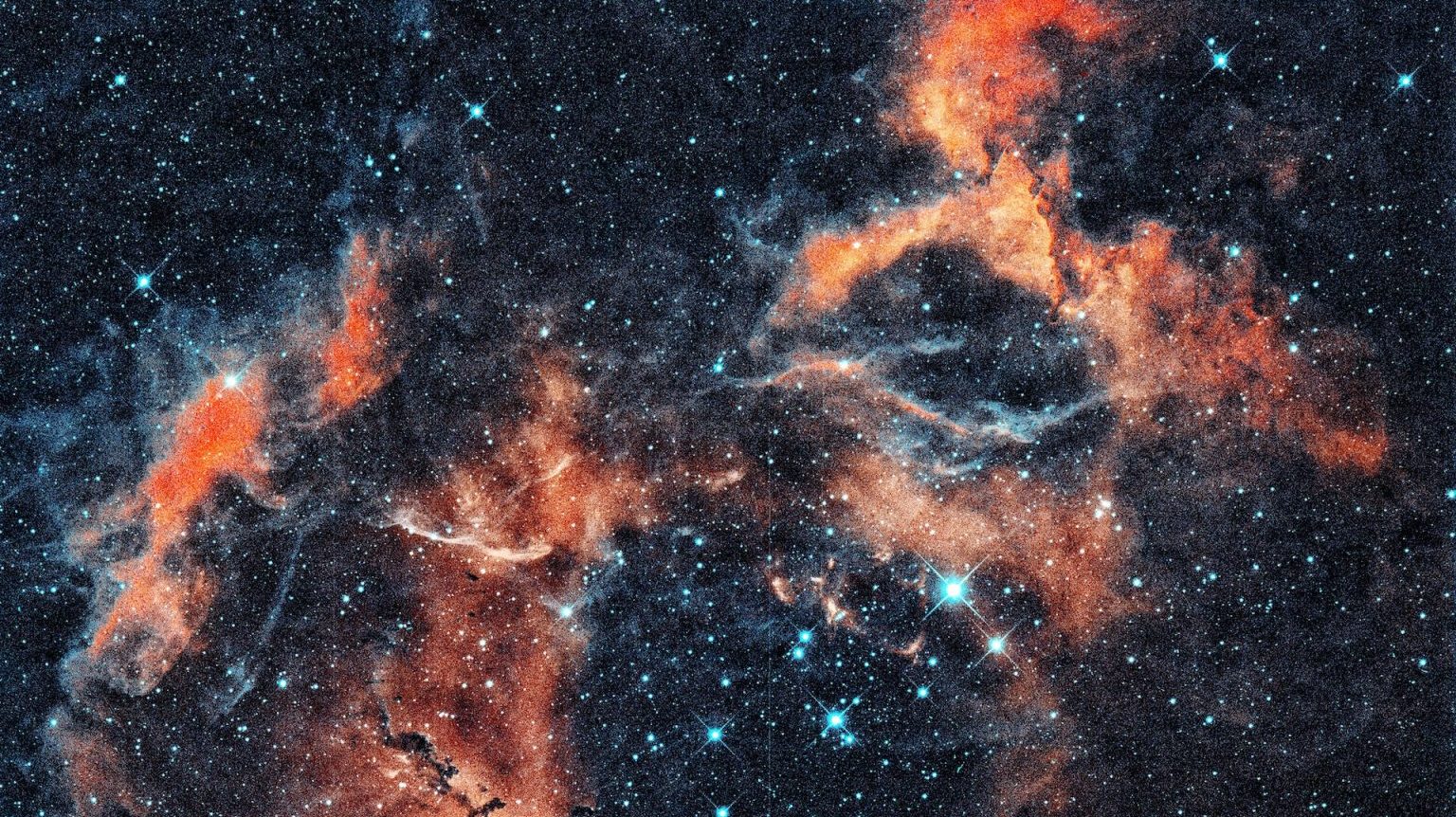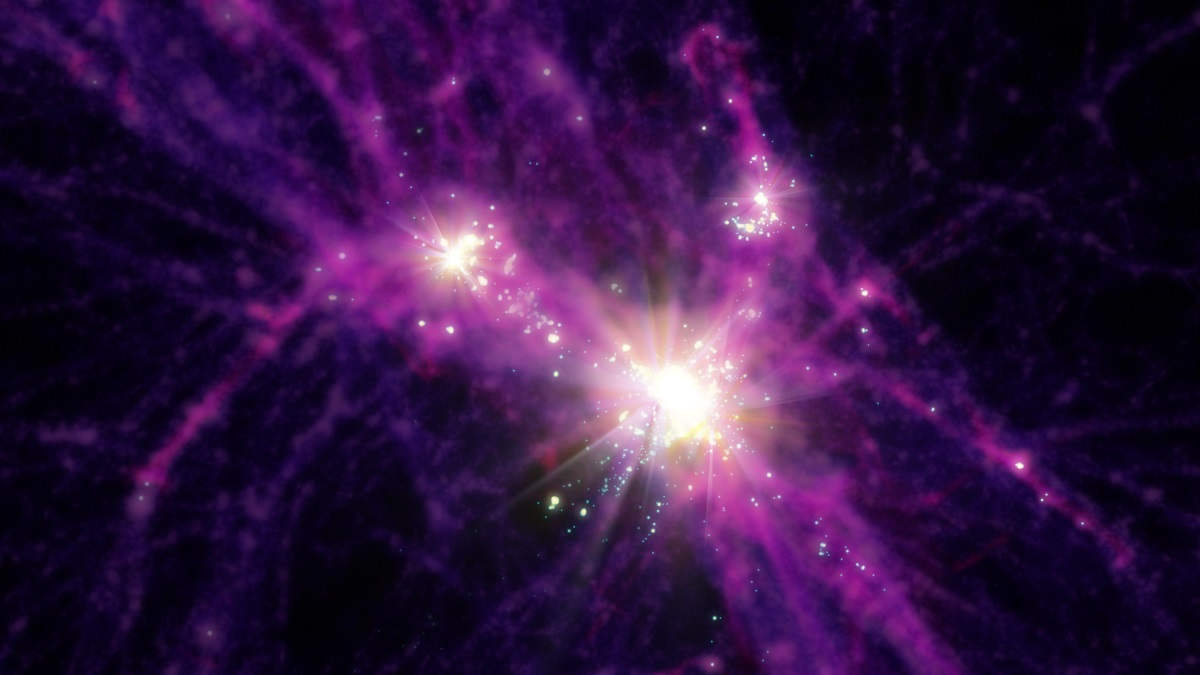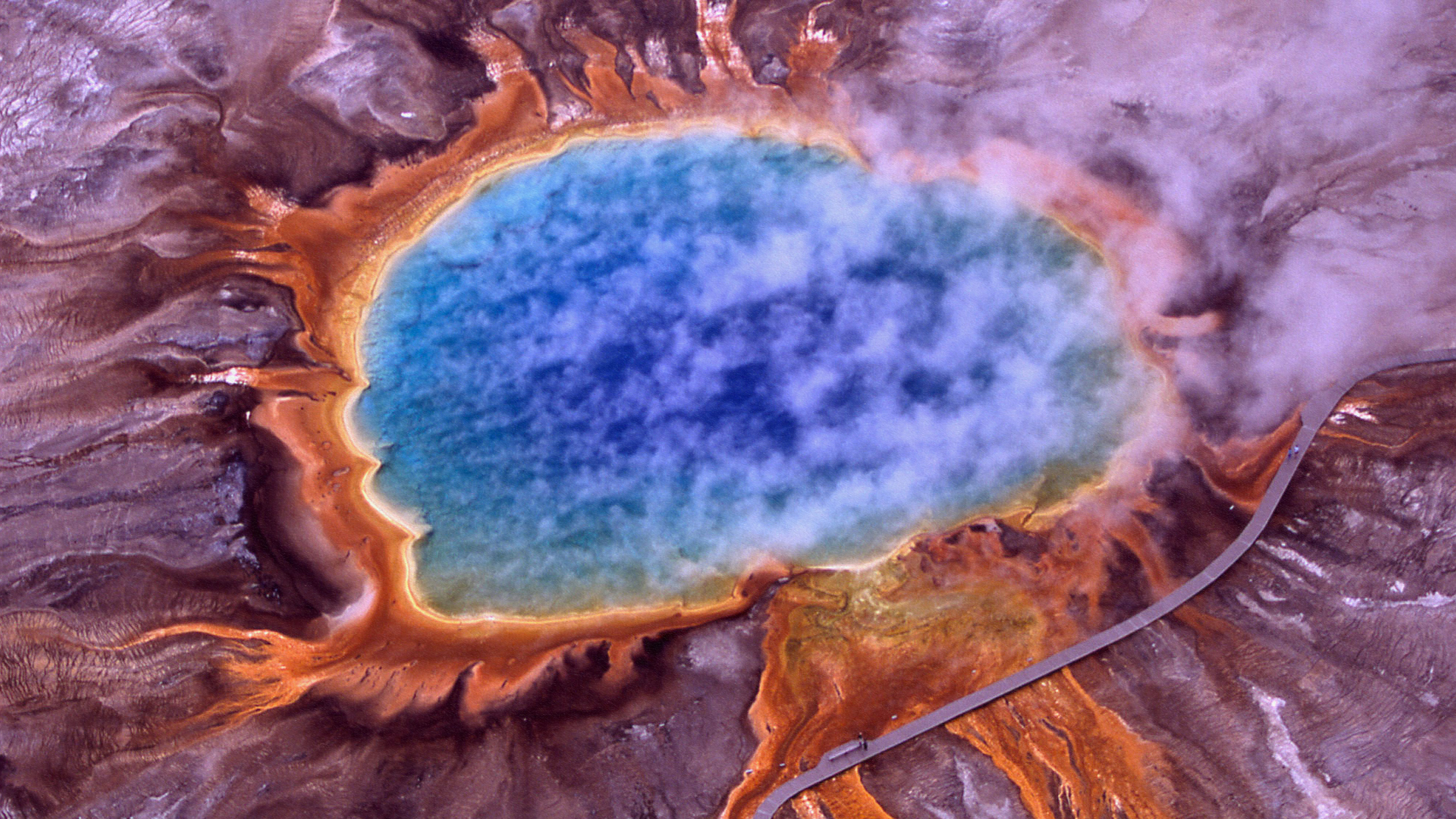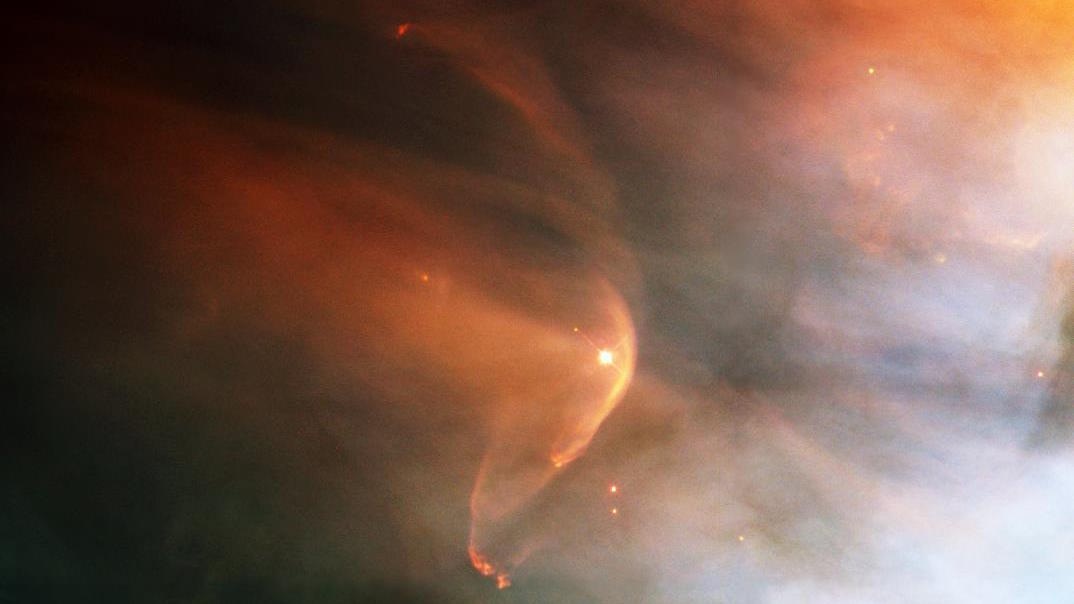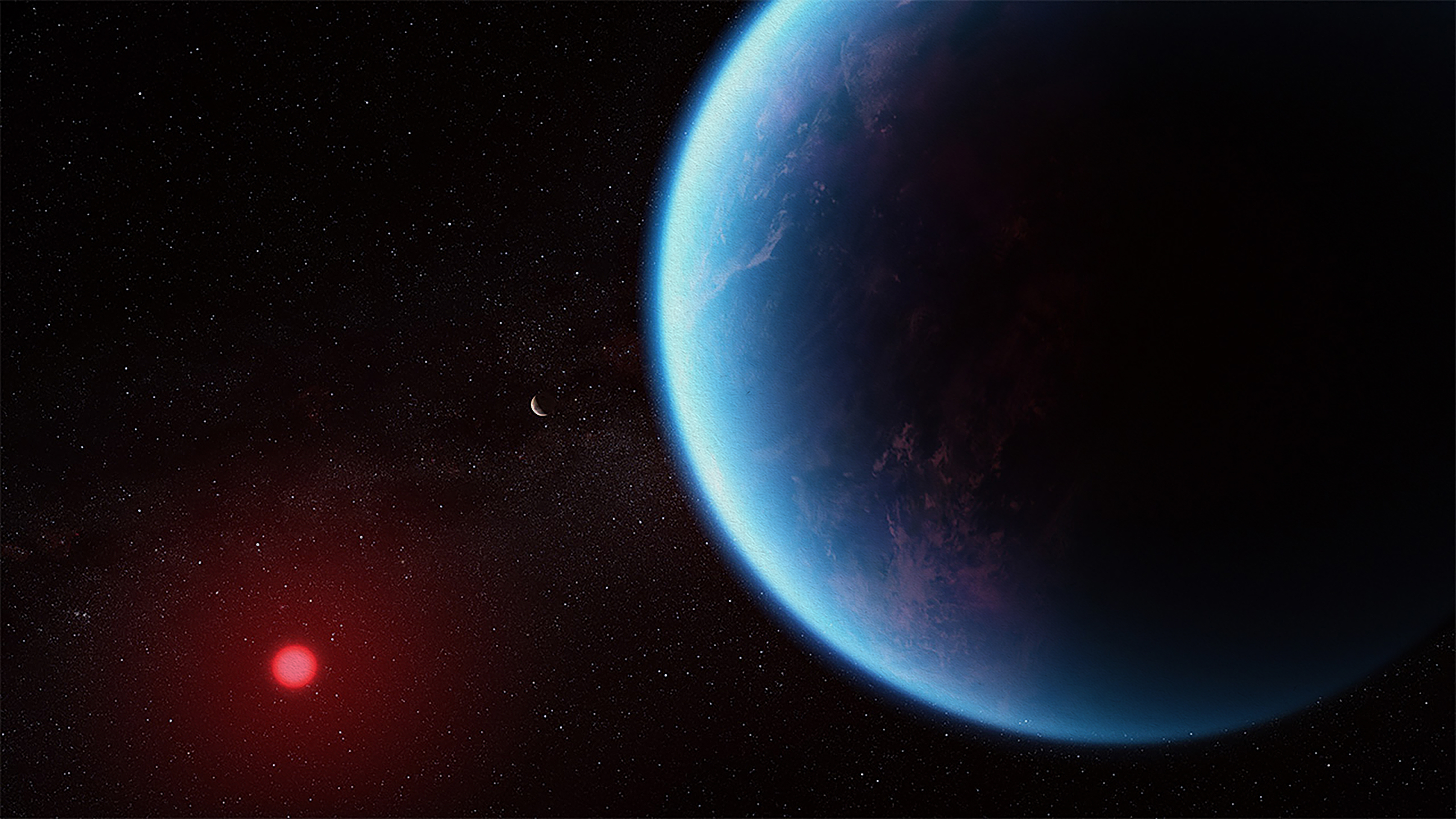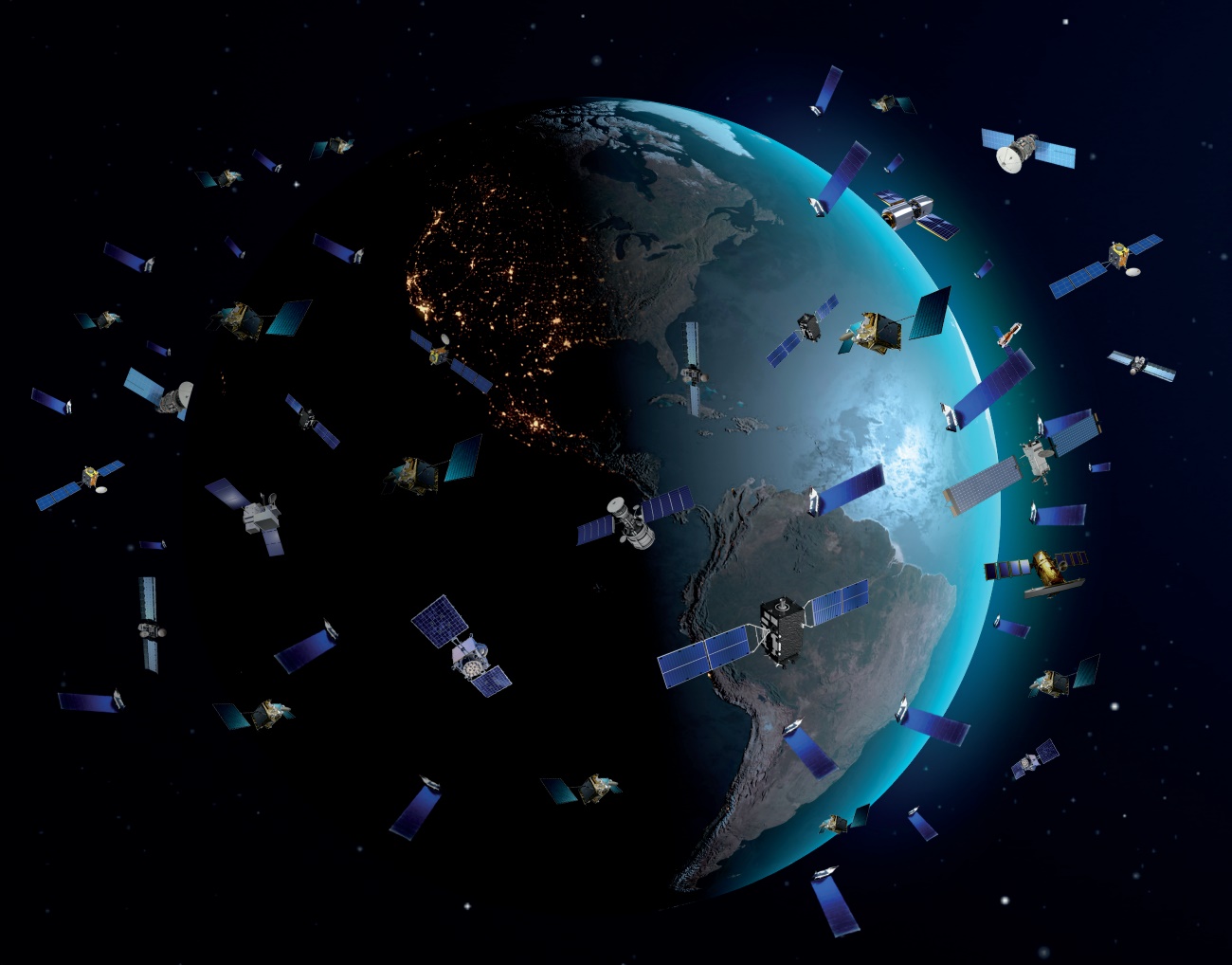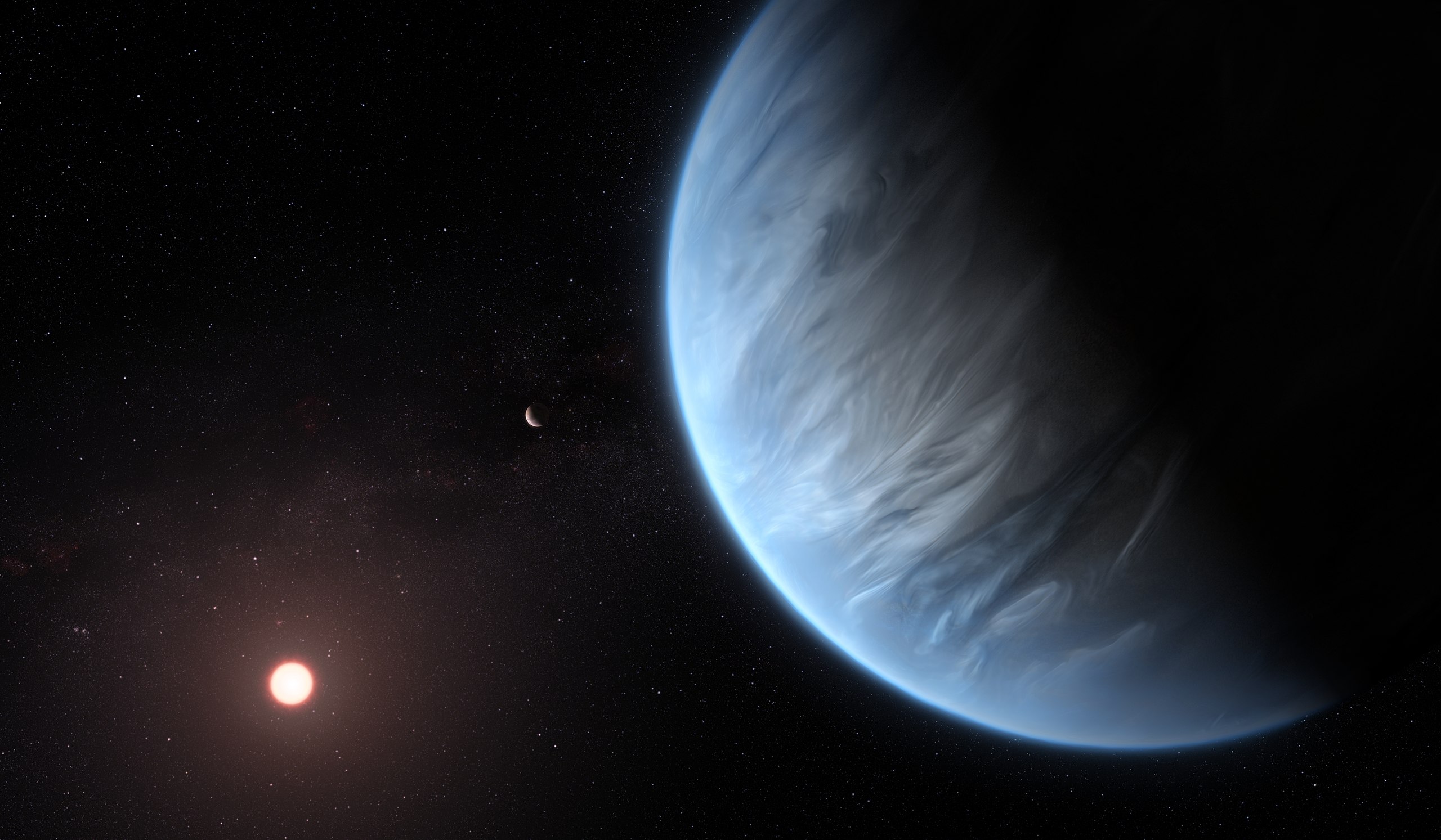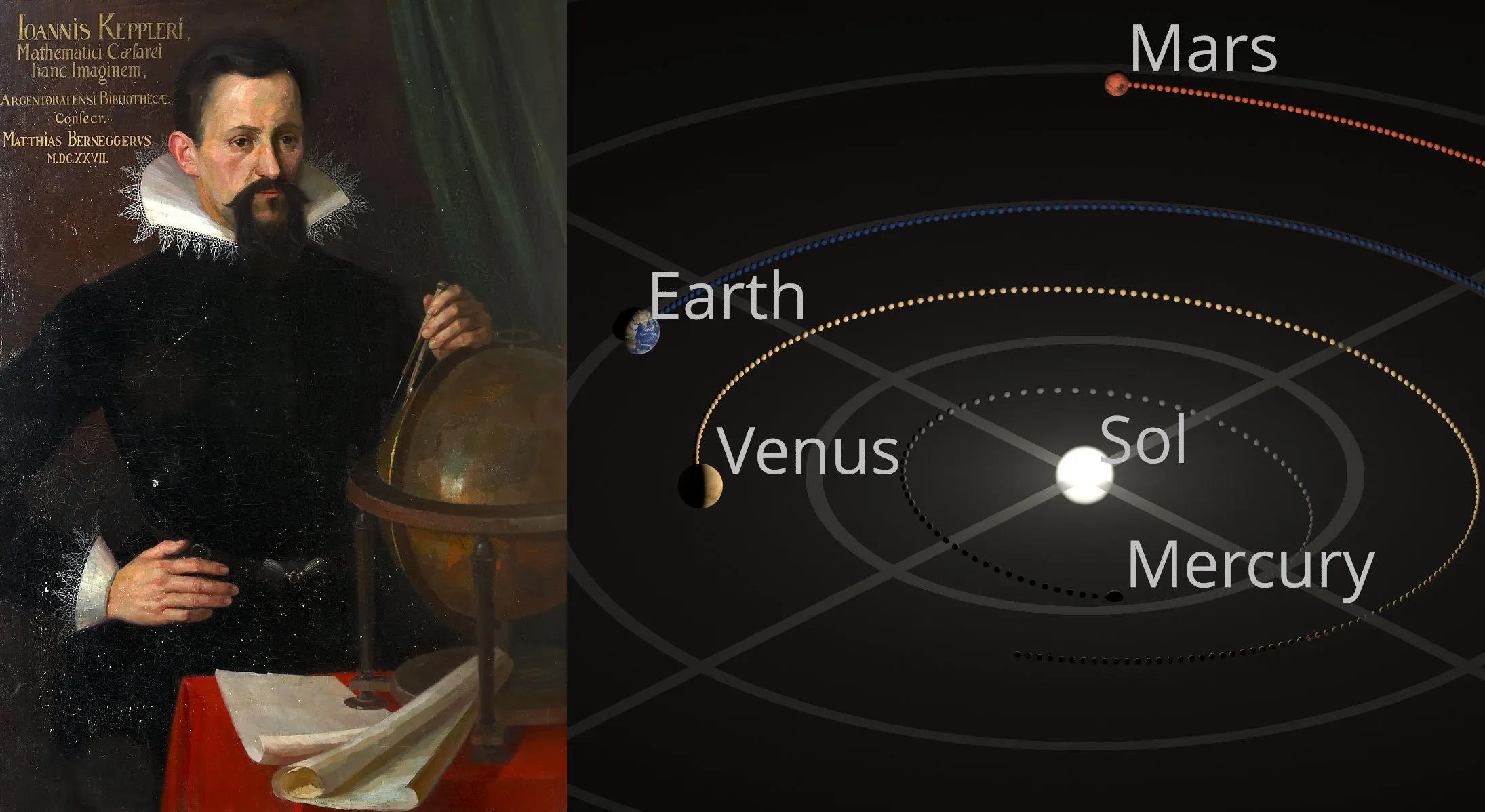Space & Astrophysics
A true scientific view of if, where, and when extraterrestrial life exists is within our grasp thanks to biosignatures and technosignatures.
A woman’s name would undermine the credibility of the mission. Names of former Nazis, however, were no problem.
“To take this in, you need to ride inside the mathematical symbols.”
JWST has already broken many of Hubble’s cosmic records. Perhaps additional record-breakers already exist within this data-rich image?
Back during the hot Big Bang, it wasn’t just charged particles and photons that were created, but also neutrinos. Where are they now?
We don’t need to think about what life is made of but rather what it does.
Although we still don’t know the question, we know that the answer to life, the Universe, and everything is 42. Here are 5 possibilities.
Nothing lives forever, at least, not in the physical Universe. But relativity allows us to get closer than ever, from one perspective.
Considering the astronomical occupational risks, life insurance was prohibitively expensive for the first NASA astronauts.
Humanity is a type 0 civilization. Here’s what types 1, 2, and 3 look like, according to physicist Michio Kaku.
▸
6 min
—
with
Hermann Minkowski called Einstein a “lazybones” with a “not very solid” education. Less than 10 years later, he would eat his words.
The Universe, although violent, is filled with creation events following destructive ones. 1850 light-years away, both types are unfolding.
Between the least massive star and most massive planet lies the mysterious brown dwarf: a class of objects that are neither star nor planet.
From the Big Bang to black holes, singularities are hard to avoid. The math definitely predicts them, but are they truly, physically real?
Isaac Newton and Albert Einstein are locked in an eternal battle over the nature of gravity. Whose side are you on?
Measurements of the acceleration of the universe don’t agree, stumping physicists working to understand the cosmic past and future. A new proposal seeks to better align these estimates — and is likely testable.
In the largest star-forming region close to Earth, JWST found hundreds of planetary-mass objects. How do these free-floating planets form?
With so many early galaxies of unexpectedly large brightnesses, JWST surprised us all. Here’s how scientists made sense of what we see.
Every astrobiologist wants to find an alien. But the public should be skeptical when the “aliens” look like tiny humans.
The question of why the Universe is the way it is is an ancient one, and none of the answers we have come up with are satisfying.
The smartest person in the world was Isaac Newton, a true polymath whose brilliance never has been, nor ever will be, surpassed.
With such a vast Universe and raw ingredients that seem to be everywhere, could it really be possible that humanity is truly alone?
In the quest to measure how antimatter falls, the possibility that it fell “up” provided hope for warp drive. Here’s how it all fell apart.
On Saturday, October 14, a solar eclipse crosses North and South America. Here are 4 quick, easy, low-tech activities for everyone to enjoy!
There are a few theories as to why we’ve never found other intelligent life in our Universe. Physicist Brian Cox walks us through them.
▸
13 min
—
with
The laws of physics don’t prefer matter over antimatter. So how can we be certain that distant stars & galaxies aren’t made of antimatter?
Within the next few decades, we may well have hard evidence for the existence of alien life on worlds light-years distant from Earth.
Space weather poses a tremendous threat to all satellites, knocking all computer systems offline. Is that a recipe for Kessler syndrome?
Some fascinating observations of K2-18b have come along with horrendous, speculative communications. There’s no evidence for oceans or life.
How can you maximize the amount of love and happiness in your life? One of history’s greatest scientists found the answer: with math.



